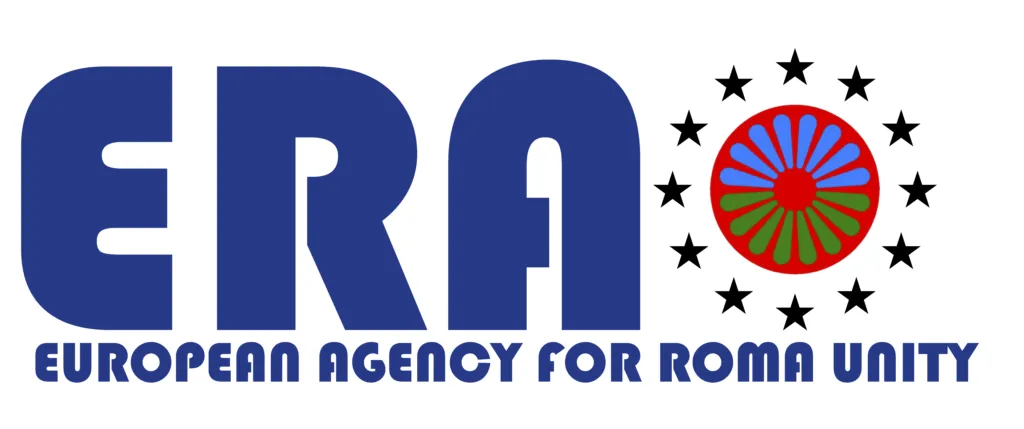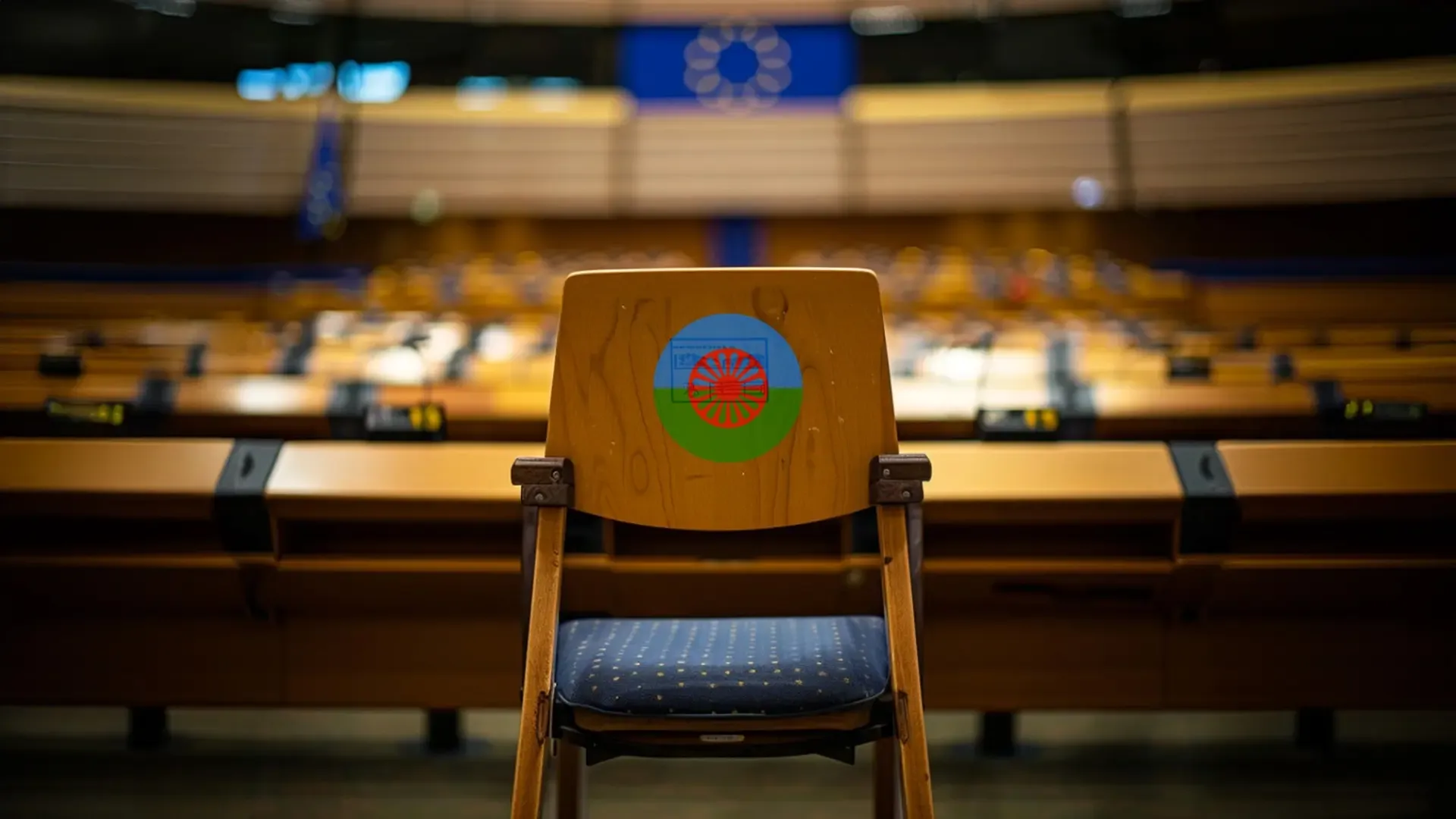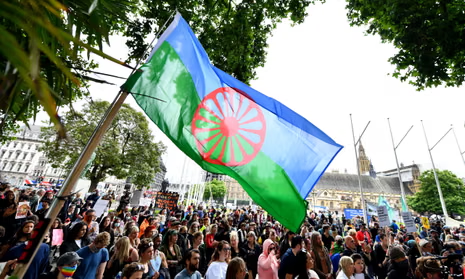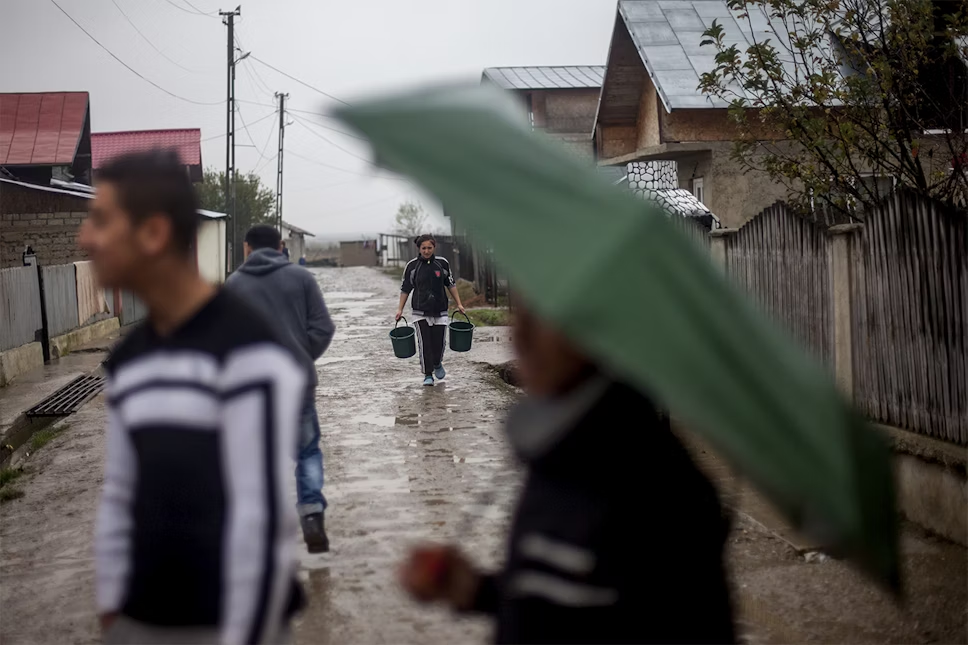The European Union is built on the promise of democracy, equality, and inclusion. Yet, in one of its most important democratic institutions—the European Parliament—the voices of Europe’s largest ethnic minority, the Roma, are completely absent. Not a single Member of the European Parliament today is of Roma ethnicity.
This is more than a political gap; it is a sign of the continuing neglect of Roma communities in Europe. With over 6 million Roma living across the EU, present in nearly every Member State, their complete lack of representation is both alarming and unacceptable.
A sign of indifference
The absence of Roma MEPs demonstrates the lack of attention mainstream political parties give to Roma issues. Roma are often mobilized during election campaigns for votes but rarely placed on party lists in electable positions. This exclusion silences Roma voices where they matter most—at the table where European policies are debated and decided.
Roma on mainstream lists
If European parties are serious about inclusion, they must actively promote Roma candidates and place them high enough on electoral lists to ensure their election. Token gestures or symbolic commitments are not enough. Representation must be real, visible, and influential.
If not included, Roma must unite
If mainstream parties continue to neglect this responsibility, Roma communities have another path: unity and self-organization. Roma should consider running under their own parties at national level and contesting seats in the European Parliament. In some countries, this model has worked for other minorities and underrepresented groups. Roma, as Europe’s largest ethnic minority, have the numbers and legitimacy to claim their rightful place.
A seat according to our numbers
Representation is not a privilege; it is a democratic right. With a population of over 6 million across the EU, Roma should have guaranteed seats that reflect their size and presence. Just as other groups benefit from special mechanisms of representation, Roma—spread across nearly all Member States—must no longer be denied their voice in the EU’s only directly elected body.
Conclusion: A Parliament without Roma is incomplete
The European Parliament cannot call itself representative of Europe’s people while excluding one of its largest minorities. It is time for mainstream parties to prove their commitment to equality by promoting Roma candidates into real positions of power.
If this does not happen, Roma must organize, unite, and run for themselves. Equality is not given—it is claimed. The time has come for Roma voices to be heard in Brussels, not as a favor, but as a right.






